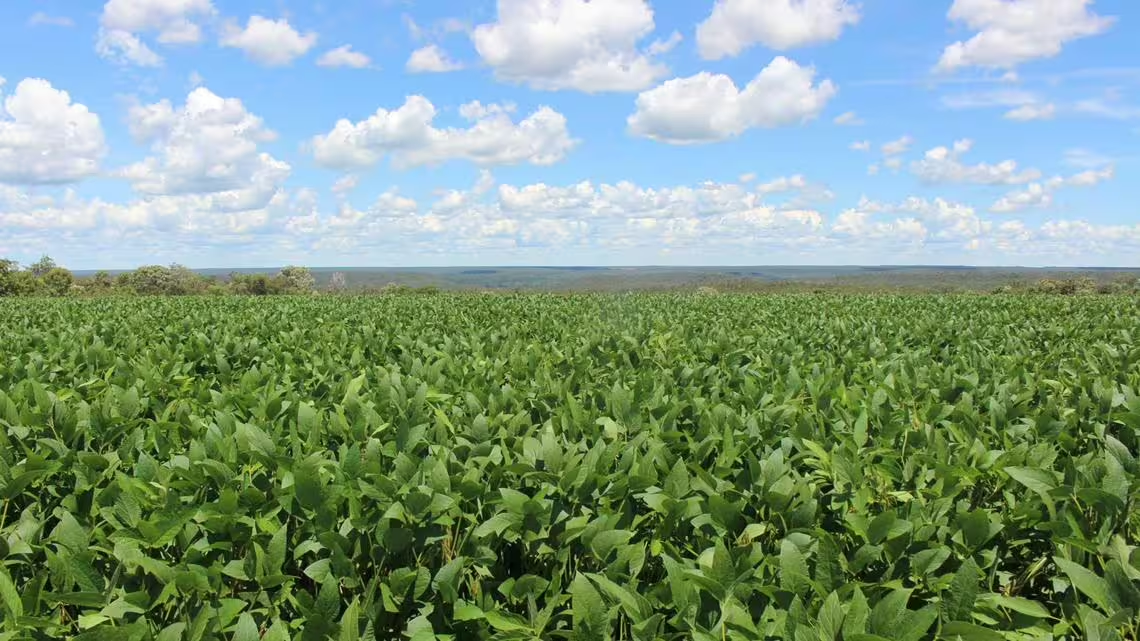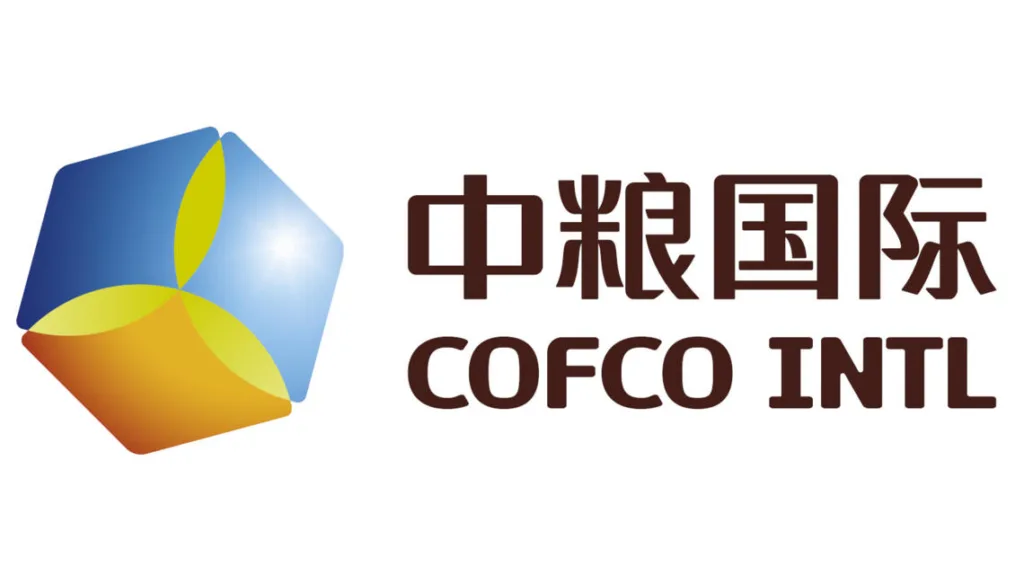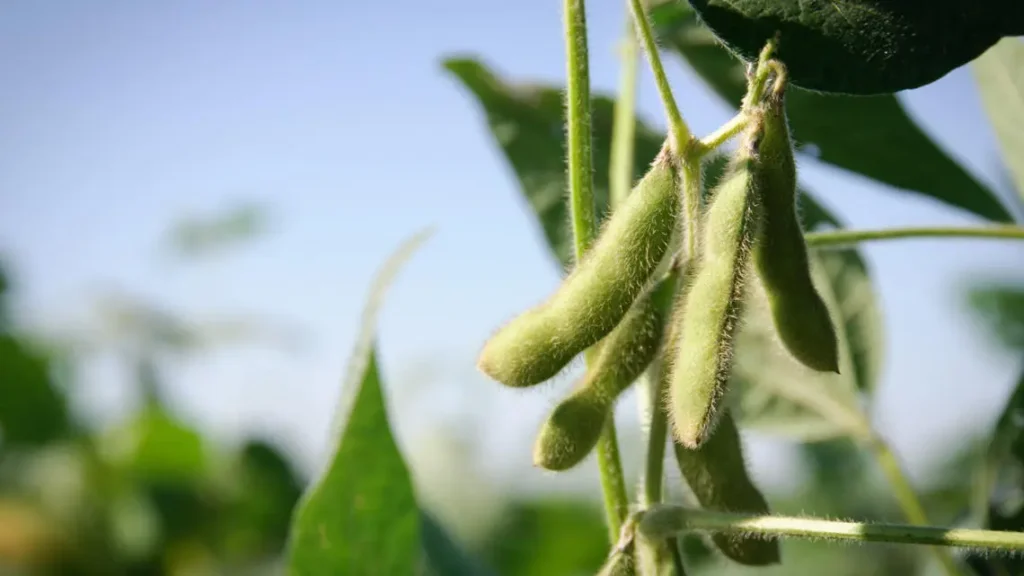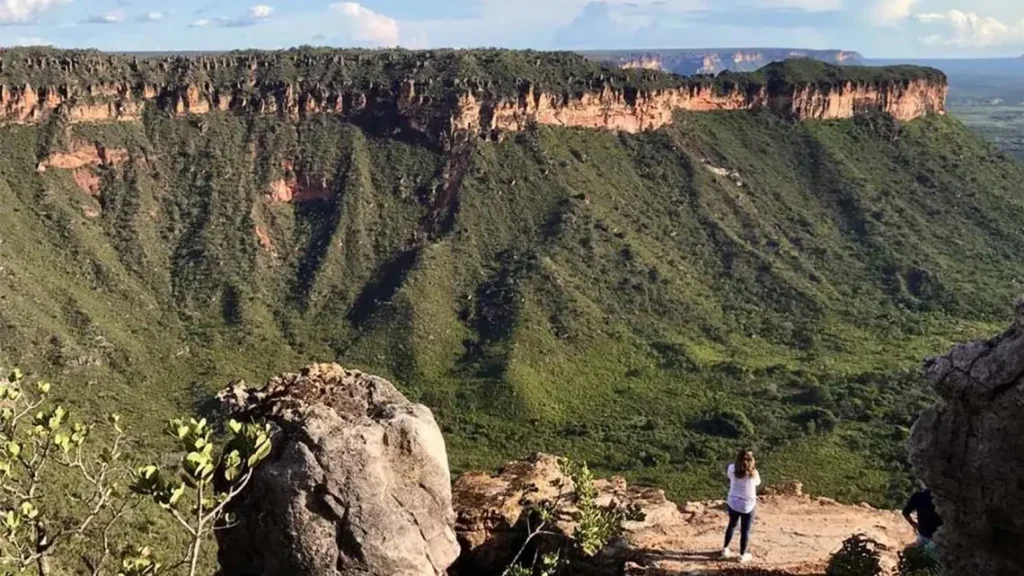- Report shows SCF members are on track to deliver traceability targets by end of 2020
- Two new partnerships – with Solidaridad and Produce, Conserve, Include (PCI) – are expanding efforts to engage producers towards sustainable production
Geneva, Switzerland, 30 June 2020: Today, the Soft Commodities Forum (SCF) published its third Progress Report, providing insights into progress against its traceability targets, and work to establish landscape approaches to advance sustainable practices in the Brazilian Cerrado.
In line with our ambition to promote sustainable soy supply chains in the Cerrado, in December 2019, the SCF committed to achieving full traceability to farm for our direct sources in 25 priority municipalities. The group is on track to deliver this goal by the end of 2020, with all members reporting at least 92% of direct sources as traceable to farm. The first six months of 2020 also brought the exciting opportunity to partner with others at landscape level. We have signed a partnership with Solidaridad Brazil in Matopiba, and are in the process of doing so with other partners in Brazil’s Mato Grosso region.
- Diane Holdorf, Managing Director of the Food and Nature Program at WBCSD
Since 2019, the SCF has focused on addressing native vegetation conversion in the Brazilian Cerrado, starting with increasing transparency across its members’ soy supply chains and the development of a common monitoring and reporting framework. Today’s report, which utilizes the most recent analysis by Brazilian research organization Agrosatelite, shows positive trends, including a decrease in native vegetation conversion rates in the Cerrado, both in absolute terms as well as in relation to soy.
Native vegetation conversion nevertheless remains an urgent concern and is driving the SCF’s ongoing work, especially as it relates to the 25 municipalities identified in 2019 as a priority for collective action in the Cerrado.
Focusing on these 25 municipalities allows us to address the issues where it really matters. In fact, while these municipalities represent a small portion of the Cerrado, they concentrate 44% of the native vegetation area converted to soy in the biome between 2014 and 2019.
- Diane Holdorf, Managing Director of the Food and Nature Program at WBCSD
In these municipalities, the SCF has also focused on identifying relevant landscape and jurisdictional initiatives, working collaboratively to bring the voice of soy producers to the fore, in an effort to end native vegetation conversion. In this context, the SCF is partnering with international network organization Solidaridad and with the Produce, Conserve, Include (PCI) initiative in Matopiba and Mato Grosso respectively, to engage soy producers and other value chain stakeholders and identify pragmatic solutions to the common challenge of sustaining long-term soy production while protecting natural habitats.
For the remainder of 2020, the SCF will focus on achieving its traceability targets, and on working with its partners to deliver tangible progress in producer engagement at landscape level. The group will provide another progress report in December 2020.



